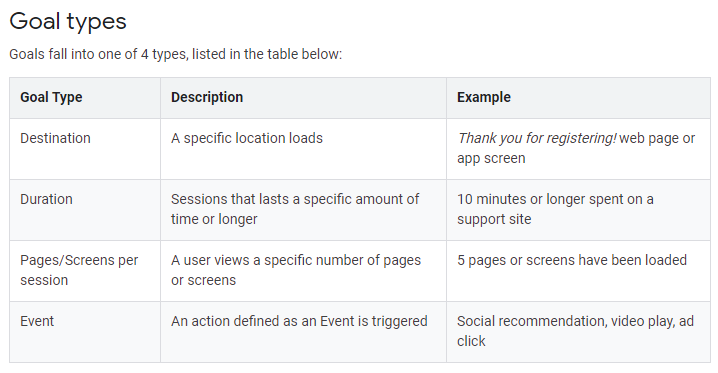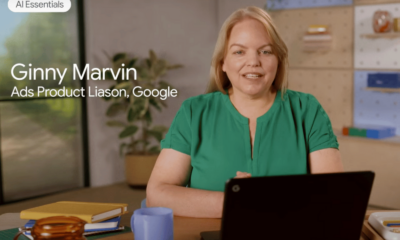Google Adds Custom Bidding and Outcome-Based Buying Options for Display & Video 360 Campaigns

Google has added two new ad bidding options for Display and Video 360 campaigns, giving marketers more control over how their ad budget is allocated through its programmatic process.
Google’s Display campaigns enable marketers to place ads on a range of websites across Google’s network, while Video 360 campaigns are specific to video across the same.
First off, Google’s adding a new Custom Bidding option which will enable advertisers to set the parameters for their campaign budget allocation.
As explained by Google:
“Here’s how it works: first, you identify a key performance indicator (KPI), such as revenue or brand lift, that you want to optimize. Next, you define the proxy signals that help predict success with your KPI. For example, you might select transaction value as a proxy for revenue or creative dimension as a proxy for brand lift – you can choose as a signal anything that is measurable as a Floodlight activity or a goal in Google Analytics 360.”
Floodlight activity uses HTML code to track conversions, while Analytics 360 goals can incorporate a range of signals based on your website data.

Based on these parameters, you can build new KPIs for your campaigns, which Google’s bidding system will then optimize for.
“You build a script that uses these signals to assign scores to ad impressions in order to define how much each impression is worth to you, based on its expected ability to drive your chosen KPI. Once the campaign starts, Display & Video 360 will use the scoring model built on your script to predict the value of each impression and adjust each bid accordingly.”
It’s a fairly technical addition, for more advanced marketers, but it provides another level of control over the specifics of the automated budgeting process. Which, if you get it right, could better align with your specific campaign objectives.
But it might also be risky – Google’s automated systems have been built to optimize for performance already, and while having more control is good, it could also lead to you reducing effectiveness.
Google’s also adding a new outcome-based buying option, which will enable advertisers to only pay for the results that support their defined goals.

“Outcome-based buying currently supports performance campaigns by allowing marketers to pay per click for campaigns that use either target cost per acquisition (CPA) or maximize conversions strategies. In the next few months we’ll introduce pay for viewable impressions as measured by Active View both for your display and video campaigns, which will reduce budget waste and increase the impact of your branding campaigns too.”
Essentially, these are advanced options, though depending on how you use Google’s ad tools, they could be relevant to your approach.
Custom Bidding will be made available to all Display & Video 360 accounts in the next few weeks, while support for including Analytics 360 goals as Custom Bidding signals will launch in the next few months.


















